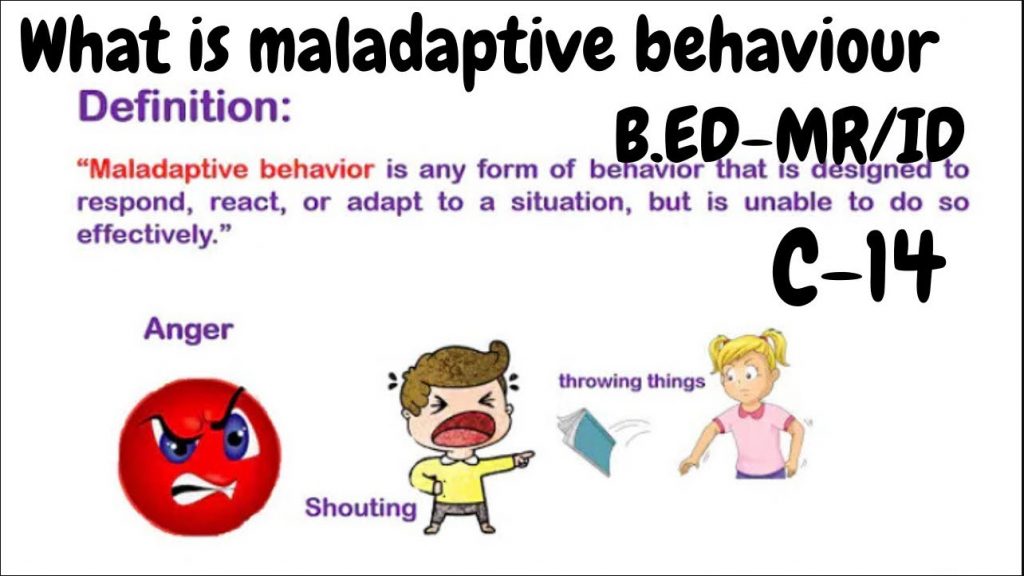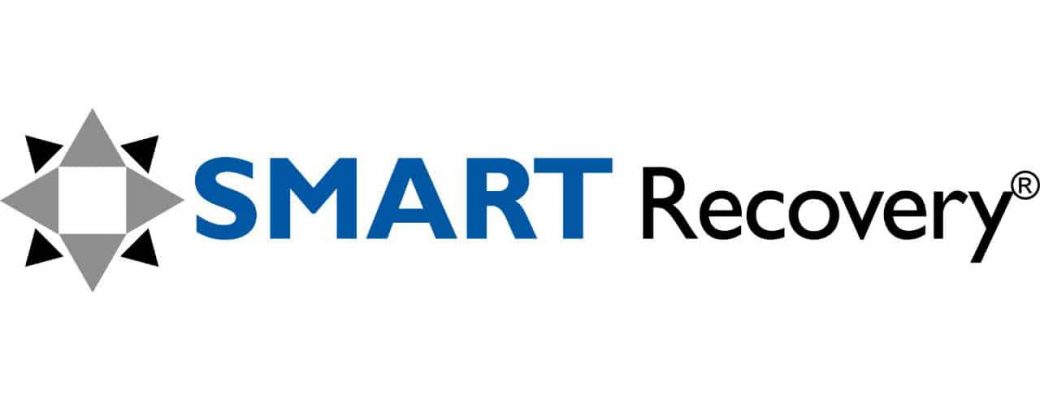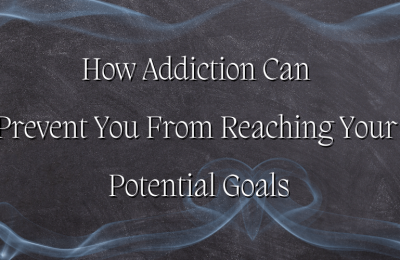History of SMART Recovery
SMART is an newer recovery approach. SMART is based on scientific methods rather than on spirituality, with a heavy emphasis of self-empowerment, cognitive-behavioral techniques, and coping with cravings.
History of SMART Recovery
The main groups for those seeking to recover from addiction were Alcoholics Anonymous and Narcotics Anonymous. However, some people were uncomfortable with the idea of God or spiritual principles being used in these groups. Rational Recovery, founded in 1985 to combat this problem, focuses on self-empowerment based on scientific principles and avoids the notion of a higher power or a spiritual focus.
Rational Recovery was established in 1992 as a U.S. nonprofit organization. In 1994, it was renamed SMART Recovery. Currently, SMART Recovery’s funding comes from three primary sources: donations, publication sales, advertising, and publications.
What is the 4-Point Program
SMART recovery is currently used at many luxury rehab facilities. SMART Recovery developed a 4-Point program that breaks down the four phases of addiction treatment. These are the 4 phases of treatment and recovery from addiction.
- Building and maintaining motivation to stay sober.
- How to deal with urges: Understanding triggers and the best ways to reduce them.
- Management of Thoughts, Feelings, and Behaviors: Learn how to prevent relapse, find self-acceptance, and handle difficult emotions.
- Living a balanced life: Setting realistic goals for a sober lifestyle and making adjustments to support a successful recovery process.
Each phase can be accomplished using cognitive-behavioral therapy (CBT) principles, focusing on changing addictive behaviors.
What makes SMART different from 12-Step programs
Although the SMART Recovery program uses a group-based model that encourages mutual self-help, few similarities exist. The one thing that SMART Recovery and 12-step programs have in common is their emphasis on abstinence from substance abuse.
SMART Recovery, however, does not rely on a 12-step program, spiritual principles, or a higher power. Instead, it focuses on evidence-based treatments that incorporate a wide variety of interventions such as CBT. It also does not label participants with “alcoholic” or “addict” labels.
AA and NA believe that alcoholism can be treated but not cured. Although SMART Recovery doesn’t consider addiction a disease, members can refer to their addictions if necessary. SMART Recovery views alcoholism more as a behavioral problem that can be fixed and not a part of a person’s identity.
Maladaptive Behavior vs. Chronic Disease
SMART Recovery views alcoholism as a maladaptive behavior that can be corrected. Instead of seeing addiction and alcoholism as chronic diseases, SMART Recovery encourages those with addiction not to view themselves as powerless or dependent on their condition but to see themselves as empowered and able to overcome them.

Programs like NA and AA, which see addiction as a chronic condition rather than a maladaptive behavior, recognize the need to provide ongoing treatment for an individual’s entire life. This is similar to diabetes or other chronic diseases. Addiction is a progressive and relapsing illness that requires intensive treatment, continued aftercare, and support from family and friends to sustain sobriety throughout a person’s life.
Alcohol use disorder is a chronic, relapsing mental illness. The National Institute on Alcohol Abuse & Alcoholism describes AUD as “compulsive drinking, loss of control over alcohol intake, and a negative emotion when not using.”
Other support groups that don’t use a 12-Step model
SMART Recovery isn’t the only self-help organization that doesn’t follow a 12-step or spiritual model. Others include:
- Women for Sobriety is a self-help group is dedicated to helping women who identify as females work towards recovery from drug and alcohol addiction.
- LifeRing approaches recovery from the view that you are the best person to decide your treatment approach. LifeRing provides mutual support but does not include sponsors, 12-steps, or spirituality.
- Moderation Management: aims to reduce the early stages of problem alcohol use and reach those who cannot attend traditional 12-step programs that would label them an addict or an alcoholic.
- Secular Organizations for Sobriety approaches the recovery process from an abstinence-based approach and expresses openness for other pathways to recovery without a spiritual foundation.



